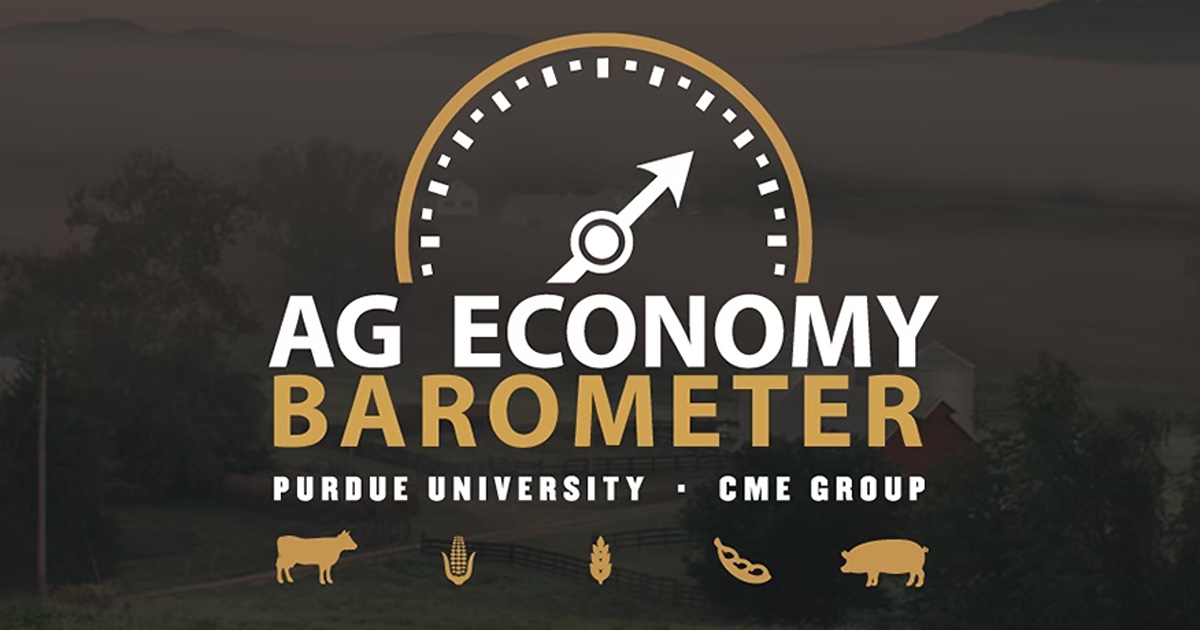Ensuring a World where the Water Flows
One concern that’s made headlines in recent years is the presence of per- and polyfluoroalkyl substances (PFAS) — so-called “forever chemicals” — in the water supply. These chemicals, which are widely used in everything from manufacturing to firefighting to cosmetics, don’t break down in the environment and tend to accumulate in the human body. They’re potentially connected to a range of health effects, including altered metabolism, reduced fertility, diminished immune system and an increase in certain cancers.
Linda Lee, distinguished professor of agronomy and environmental and ecological engineering, head of the Ecological Sciences and Engineering interdisciplinary graduate program, and assistant dean in the Office of Agricultural Research and Graduate Education, had PFAS on her mind long before the headlines. She noticed the presence of PFAS in seafood in native Alaskan villages over two decades ago, and has been studying them in earnest since 2005. She’s developed methods for measuring and remediating PFAS and has studied the chemicals’ effects on amphibians and other animals as part of a team led by Professors Maria Sepúlveda and Jason Hoverman in Forestry and Natural Resources.
Read more about everyone else contributing to the research of water in the full article from the latest issue of Envision.






